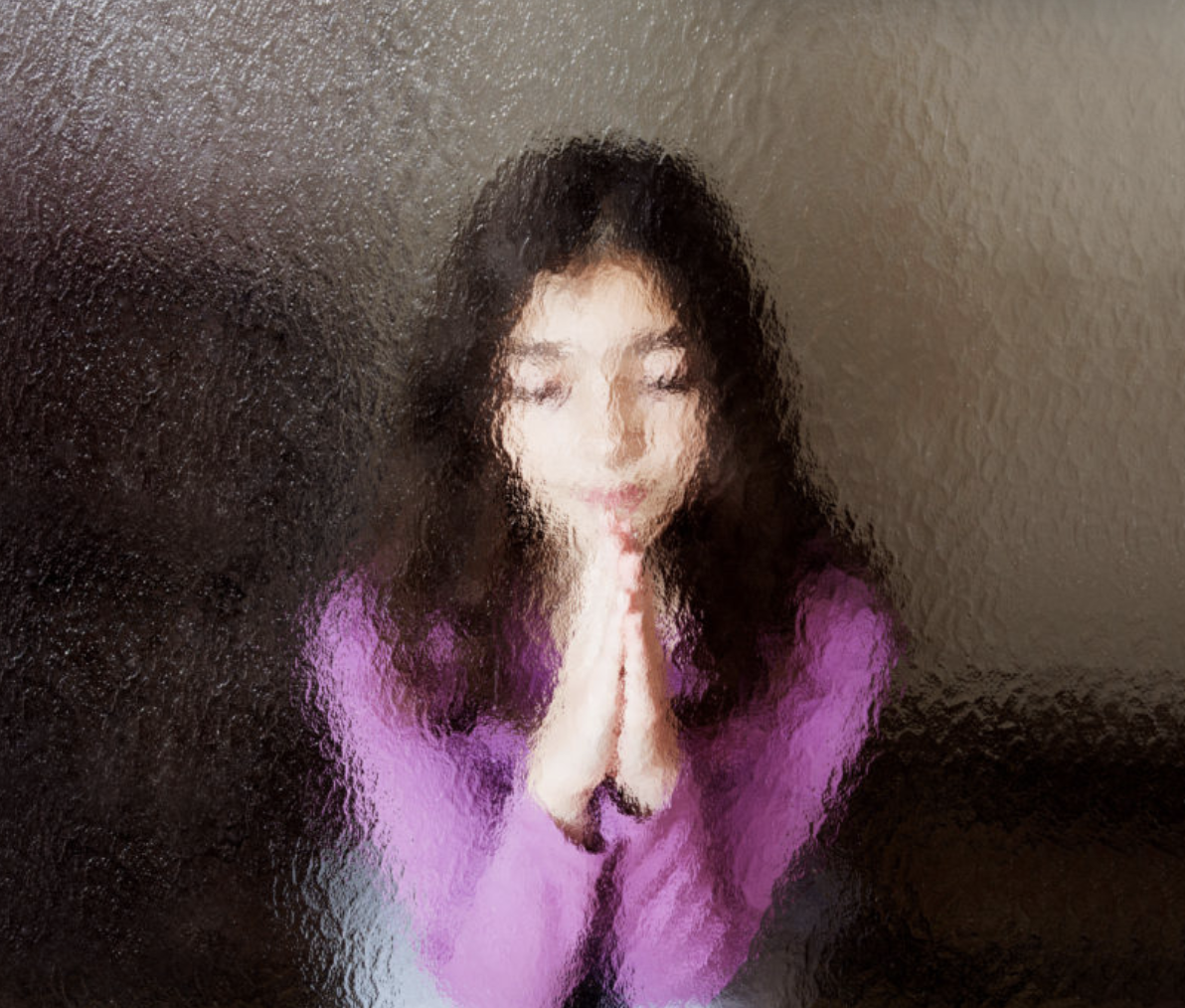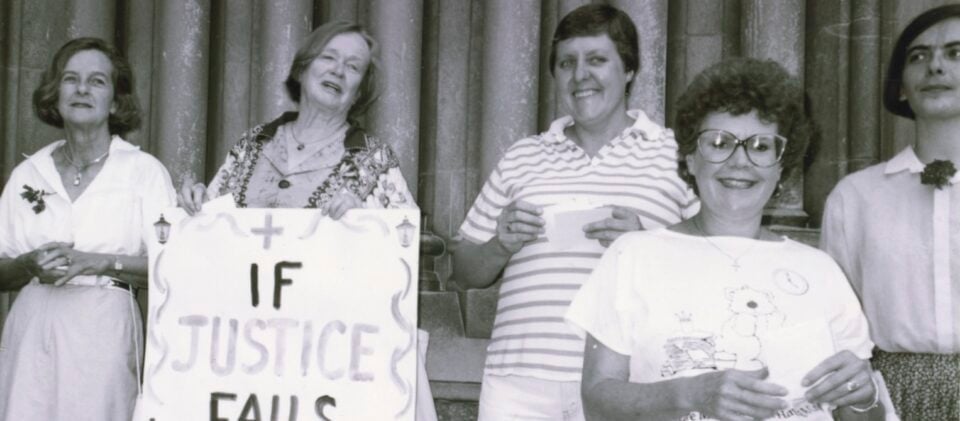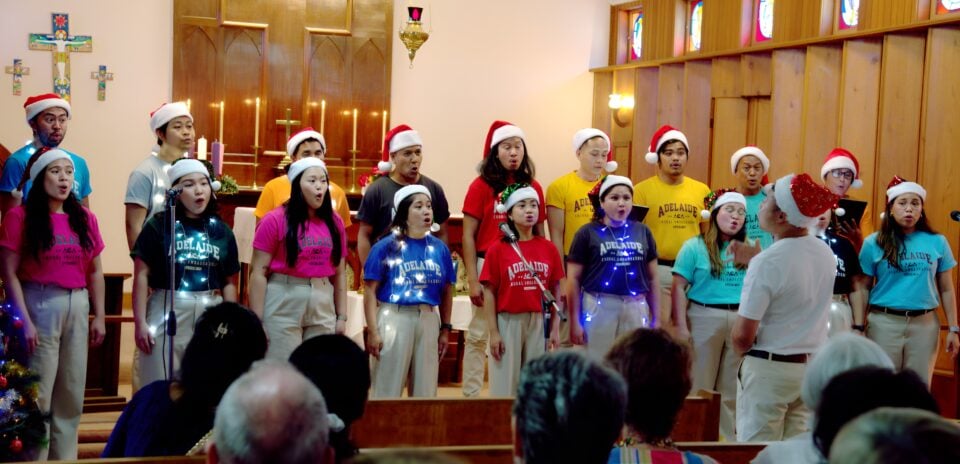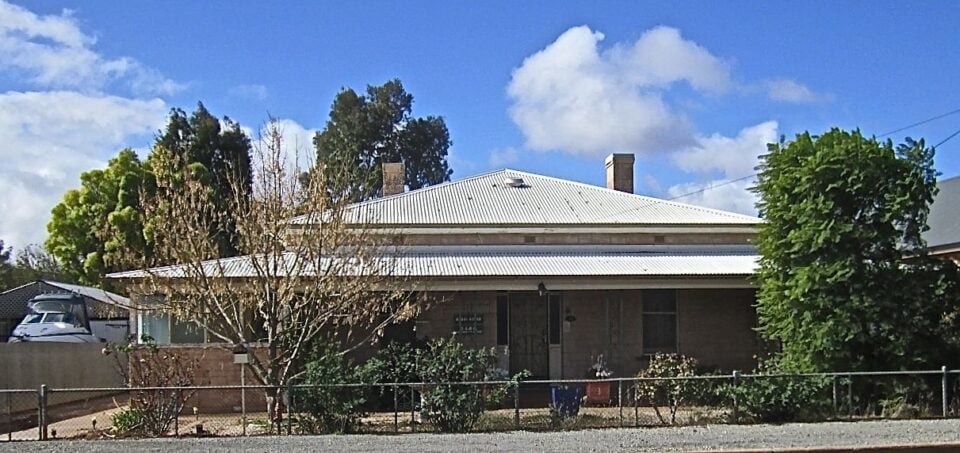The Anglican Church wants to hear from victims
By Tracy Lauersen
This year the news has been hijacked by the COVID-19 pandemic and, understandably, many of us have been able think of little else. But amid the crisis the virus has caused, it is important not to forget another much more longstanding pandemic – that of domestic and family violence.
As with COVID-19, the pandemic of domestic and family violence is also a global curse that infiltrates our homes, schools, workplaces – even our Church communities. It is insidious yet invisible, with symptoms that are often hidden from view.
But the casualty rates from domestic and family violence are much worse than for COV ID-19.
In Australia, a shocking one in four women have experienced violence by an intimate partner since the age of 15 and every week an Australian woman is killed by a current or former intimate partner.
The Anglican Church of Australia knows it is not immune to this disease.
Researching violence in the Church
Christians in the past have, perhaps, thought that family violence is something that doesn’t happen in ‘nice Christian families’, but we recognise today how naïve that is – just as it was naïve historically to think that child abuse couldn’t happen in institutions such as churches.
That is why we have spent the past year researching violence in church in an attempt to understand why this takes place in our Christian communities and to find ways of preventing and addressing it.
The research project is now in its final stage and the church is inviting those who have had an experience of domestic violence and a current or previous link with the Anglican Church to take part.
We are getting to know more and more about how domestic and family violence is experienced and triggered differently in different communities such as the Indigenous, among young people, the LGBTQI community and people with disability or living in remote communities.
But we don’t know much about the nuanced characteristics of violence for those in Christian communities and, in the absence of specific Government research into the religious demographic, the Church is making a start by doing its own.
Supported unanimously by members of its last General Synod to investigate what research was possible, the Standing Committee of the Anglican Church engaged NCLS Research to conduct its national study.
Results will be reported to its next national church meeting.
Facing up to a taboo subject
We have been encouraged that our churches do want to face what has been a ‘taboo’ subject for far too long.
As 16th century church reformer, Martin Luther said, Christians are “at the same time both saints and sinners”. We are not immune from the many ills of our society. We bring our good and bad family backgrounds, our helpful and unhelpful cultural backgrounds and our personal problems with us into our churches each week.
But we also come to repent to our God, to be healed, to find comfort, forgiveness or rebuke as needed, willing to learn about God’s better way of peace, wanting to make fresh starts.
Until we know more about this problem in our own church communities – its nature, its drivers, the particular stresses that are involved, then trying to address it is like trying to win the battle against COVID-19 without shared knowledge, experience or scientific wisdom.
That is why we urge anyone who has had an experience of domestic violence, and has a current or previous link with the Anglican Church, to take part in our research project.
You can find out more about the churches anonymous online survey by going to surveys.ncls.org.au/NAFVP/experience
Please spread the word about this research. Together, we can flatten this other curve.
Reverend Tracy Lauersen, is a parish priest and the Convenor of the Family Violence Working Group, Anglican Church of Australia. You can contact her at [email protected]






